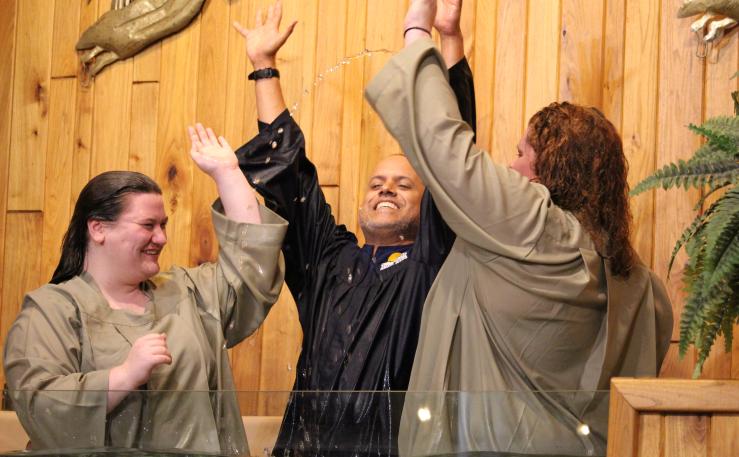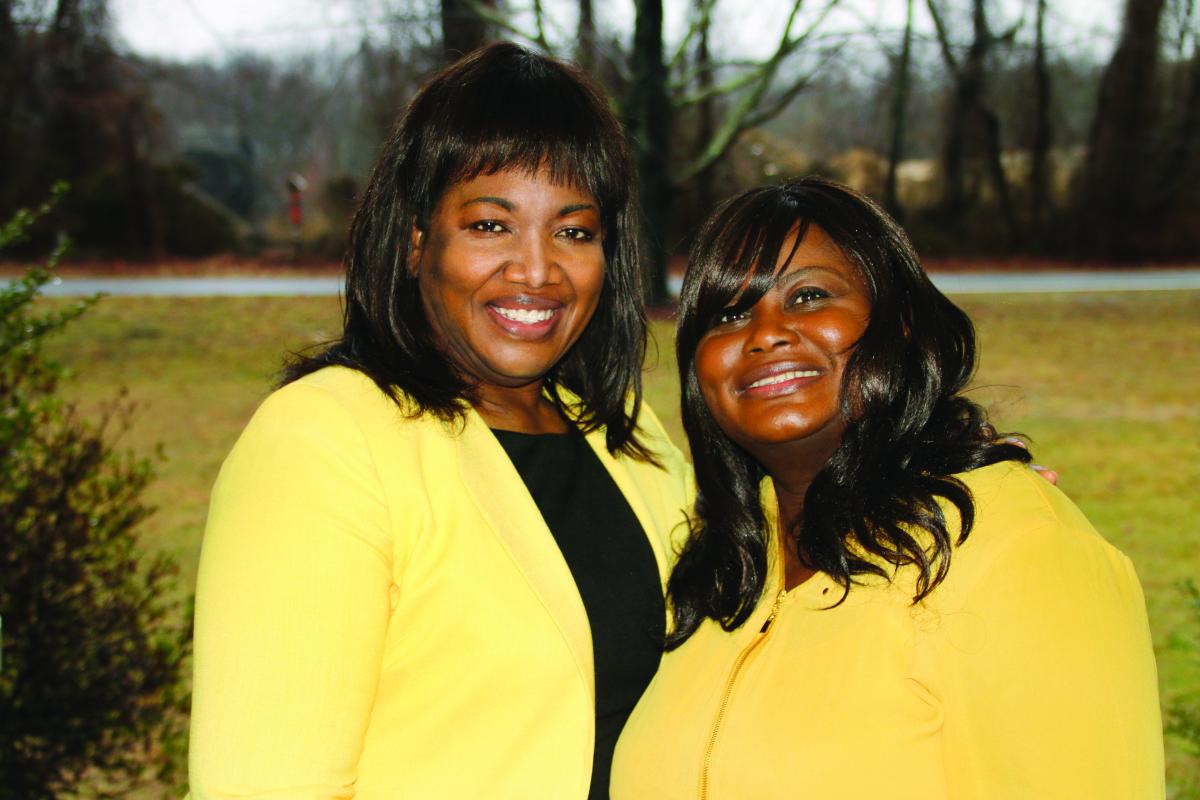Editorial by Frank Bondurant
I opened my Bible this morning to Luke 2:49. These are the first recorded public words spoken by Jesus: “‘Why did you seek Me? Did you not know that I must be about my Father’s business?’” (NKJV). He said these words when He was 12 years old, and then, 21 years later, in one of His last prayers, He said in John 17:4: “‘I have finished the work You gave me to do’” (NKJV). Like bookends, these statements frame a well-lived, purpose-driven life. Jesus clearly understood and completed the mission the Father gave Him.










